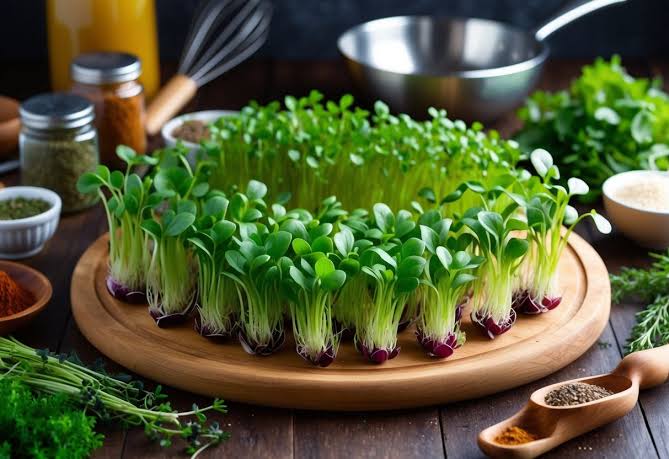 Image Source: Healthline
Image Source: Healthline
Coffee lovers may want to rethink their post-meal brew. In a recent social media post that’s stirred up both curiosity and conversation, UK-based NHS surgeon Dr Karan Rajan has weighed in on a surprisingly common dilemma: should you drink espresso or cappuccino after a meal for better digestion? Drawing from traditional Italian habits and backed by digestive science, Dr Rajan’s answer is clear—and it’s espresso that gets the green light.
The revelation comes at a time when gut health is gaining mainstream attention, and everyday choices like coffee consumption are being re-evaluated for their impact on digestion, energy, and overall wellness. Here’s a closer look at what makes espresso the better choice and why cappuccino might be best left for breakfast.
Digestive Benefits Of Espresso After Meals
• Espresso is low in volume and contains no milk, making it easier on the stomach after a heavy meal.
• Its concentrated caffeine and bitter compounds stimulate stomach acid production and activate the vagus nerve, which enhances gut motility.
• The small serving size avoids stretching the stomach, allowing for quicker gastric emptying and reduced bloating.
• Italians traditionally consume espresso after lunch or dinner, a habit rooted in both culture and digestive logic.
Dr Rajan explained that espresso acts as a digestive kickstarter. The caffeine content, combined with its bitter profile, helps stimulate gastric secretions and gut movement. This makes it ideal for breaking down proteins and fats consumed during meals, especially in rich or heavy dishes.
Why Cappuccino May Slow You Down
While cappuccino is a beloved morning ritual for many, it may not be the best companion after a meal. According to Dr Rajan, its larger volume and milk content can actually hinder digestion.
Here’s why:
1. Milk contains fat, protein, and lactose, which trigger the release of hormones like cholecystokinin. These hormones slow down gastric emptying, leading to a feeling of fullness or heaviness.
2. Casein protein and lactose require more digestive effort, which can cause bloating—especially in those with lactose sensitivity.
3. The sheer volume of a cappuccino stretches the stomach, delaying digestion and potentially causing discomfort.
This is why Italians typically avoid cappuccinos after 11 am, reserving them for breakfast when the body is primed to handle a heavier, milk-based drink.
Alternatives For Non-Coffee Drinkers
Not a fan of coffee? Dr Rajan also offered a few gut-friendly alternatives for those looking to aid digestion without caffeine:
• Peppermint tea: Contains menthol, which relaxes intestinal muscles and promotes smoother digestion.
• Post-meal walk: A light stroll after eating can help stimulate gut motility and reduce bloating.
• Herbal infusions: Options like ginger or fennel tea can also support digestive processes naturally.
These alternatives are especially useful for individuals sensitive to caffeine or those looking for non-stimulant options to support their digestive health.
Cultural Wisdom Meets Medical Insight
The advice aligns with long-standing Italian customs, where espresso is considered a digestive aid and cappuccino is strictly a morning indulgence. Celebrity chef Gino D’Acampo, featured in Dr Rajan’s post, echoed this sentiment, reinforcing the cultural logic behind coffee timing.
This blend of tradition and science is gaining traction among health-conscious consumers who are rethinking their routines. With digestion playing a key role in energy levels, mood, and metabolic health, even small changes—like switching your post-meal coffee—can make a noticeable difference.
Final Sip
If you’re looking to support your digestion after a meal, skip the frothy cappuccino and opt for a sharp, aromatic espresso instead. It’s a small shift with big benefits, backed by both cultural tradition and medical insight. And for those who prefer a caffeine-free route, peppermint tea or a brisk walk might be just what your gut needs.
Sources: MSN News, Hindustan Times.
Advertisement
Advertisement




